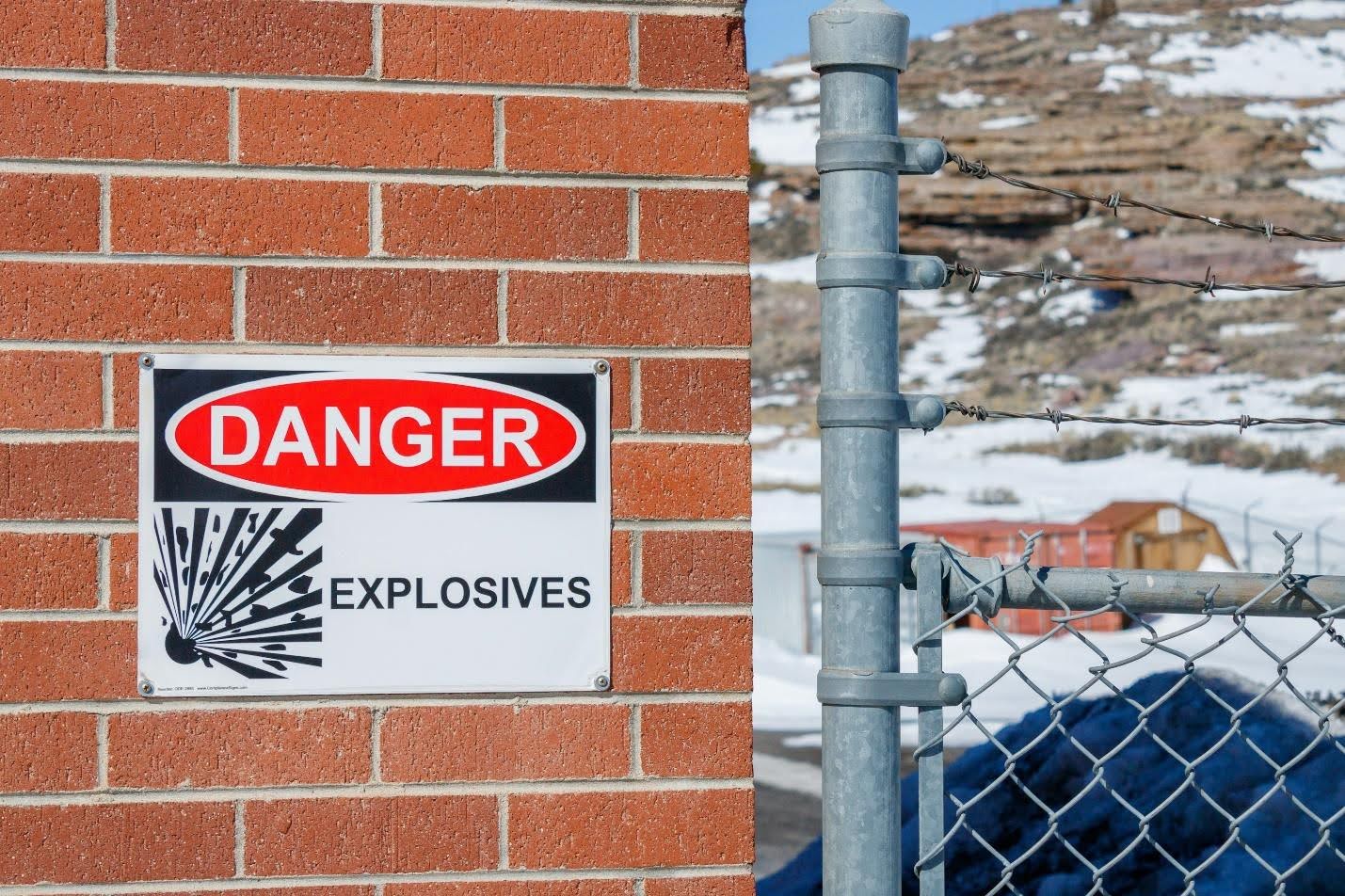Small-scale business ownership is a thrilling experience that is full of both opportunities for growth and difficulties that test your endurance and resiliency. Small business owners have a lot of tasks, from day-to-day operations to planning for the future, but one area that is not to be ignored is the management of risk. Protecting your assets from the financial consequences of a lawsuit, accident, or the emergence of cyber-related risks is vital to ensure long-term achievement. Having an extensive general liability insurance policy is usually the basis of a comprehensive protection strategy and provides a protection plan for the unforeseeable and allowing you to concentrate on advancing your business.
If you don’t have adequate insurance, an unfortunate event–like a client injury at your shop, an error made by a professional which is unnoticed, or data breaches–can quickly become catastrophic and put your reputation, job,s or even the existence of your business in danger. By recognizing and investing in specialist insurance, small-scale entrepreneurs can turn life-threatening risks into manageable challenges. With the right protection, you’ll be able to live with security that allows you to expand your business with certainty that you’re prepared for any challenge that might arise.
Understanding General Liability Insurance
General liability insurance is the core of risk management in the majority of small-sized enterprises. This essential insurance policy helps protect the owners of businesses from a vast range of typical claims, which include injuries to the body, property damage, as well as personal injuries like slander, libel, or copyright infringement, which can arise from everyday business operations. For example, when a customer slips onto a floor that is wet floor or slips upon a loose tile on your business premises and sustains injuries, your general liability insurance can help cover not only medical expenses but also any legal costs, settlements, as well as court-awarded damages.
Although it is important, however, a recent survey from 2023 shows a troubling trend: close to 75% of small companies are not insured or have insurance that has large gaps, which leaves the business vulnerable to risks that could be avoided. That means a large part of small-sized businesses do not have the capacity to effectively deal with the possibility of costly lawsuits or claims that are unexpected. Modern business environments demand an active approach to keep the essential insurance coverage up-to-date provides vital protection against the financial burden that is caused by legitimate and sometimes frivolous legal actions.
Professional Liability Insurance: A Must for Service Providers
The majority of business risks do not come from slip-and-fall injuries; more often, the cause of claims is the advice and services the business offers. The insurance for professionals, also referred to as errors and omissions (E&O) insurance, steps in to defend claims that allege incompetence, fraud, or inability to provide the service stated. In the case of a consultant real estate agent, architect, or any other professional advisor, customers who are unhappy with a perceived or real mistake can file a lawsuit for damages. The insurance will fill in the gaps that are left by the general liability policy that covers the expenses involved in protecting your reputation as well as your business.
Incredibly, a 2025 report on the industry shows that only 31% of small-sized businesses have professional liability insurance. This number is a stark contrast to the actual increasing number of lawsuits aimed at service providers for alleged blunders or omissions. Settlements and legal fees in these cases could run up to tens or hundreds of millions of dollars, frequently much more than the average small-scale business’s funds.
Workers’ Compensation: Protecting Your Team
Employees are the soul and heart of your small-scale business, which makes their safety and well-being essential. The insurance for Workers’ Compensation helps your staff by ensuring medical costs as well as rehabilitation costs,s and loss of wages if they are injured or suffer a health issue at work, regardless of who is at fault. In the majority of states, having workers’ insurance for compensation is legally required from when you employ the first person to join your team. It ensures that you’re complying with laws while ensuring the confidence and trust of the employees.
Yet the data from 2025 show that just 49% of small-scale businesses had secured workers’ compensation insurance, making more than half of them vulnerable to fines, lawsuits, and the breakdown of employee relations. By not having this insurance, a business is not just a risk of legal consequences, including penalties for breach of contract and expensive litigation; it also indicates a lack of consideration for the well-being of employees–a perception which no business wants. The proper coverage shows your dedication to the employees first, while providing essential peace of mind for employees and you.
Cyber Liability Insurance: A Modern Necessity
The move to digital operations and e-commerce presents new growth opportunities; however, it also brings a new number of security risks. Hacking, data breaches, and ransomware-related attacks could cause havoc for small businesses, usually result in fines from regulatory agencies and high reputational costs, and massive recovery costs. Cyber liability insurance offers vital security in this environment and covers costs like notification of breaches to affected customers,s as well as IT for forensics and business interruption, data recovery, and even possible legal defense and settlements for liability.
Despite the obvious and increasing threat posed by cybercrime, particularly as small businesses are being targeted more often because of their perceived weaknesses, research by 2025 has revealed that just 27% of small companies have a cyber liability plan. Without this essential protection, a serious security breach could not only ruin financial resources but also damage the trust of customers and cause irreparable brand damage. No matter what industry, any small business has to be aware of the risks associated with cybersecurity and think about implementing a specific policy to safeguard the digital aspects of its operations.
Regular Policy Reviews: Keeping Coverage Current
Insurance isn’t a one-time event. When your company grows, whether by expanding product lines, bringing on new employees, opening an office in a new location, or even launching digital businesses, your insurance requirements will likely evolve with it. Regularly reviewing your insurance coverage will ensure that your insurance is kept up with the expansion and change of your company, helping to fill in gaps before they turn into expensive risks.
Sadly, 39% of small-sized businesses have not reviewed their general liability insurance policies since the time they purchased them, which could expose them to the risk of liability due to new risks and changes in situations. Failure to keep the up-to-date policies could cause claims to be denied and uncovered losses or problems with compliance. The most effective defenses for your company are those that evolve with your business. Plan your annual reviews of your insurance and alter the coverage you have as your processes change.
Conclusion
The landscape of risk for small-sized businesses is a dynamic and complex one, covering various risks, including slip-and-fall accidents, professional blunders to workplace injuries, as well as sophisticated cyber-attacks. Investing in a comprehensive set of protections–including general liability insurance, professional liability, workers’ compensation, and cyber insurance–is instrumental in preserving your business’s financial health and securing its future. As important as the practice of frequently revising your insurance plan is to ensure that every risk is adequately covered as your business expands or pivots, or enlists new opportunities. Taking proactive steps to protect your business positions you to ensure security as well as compliance and long-term success.




